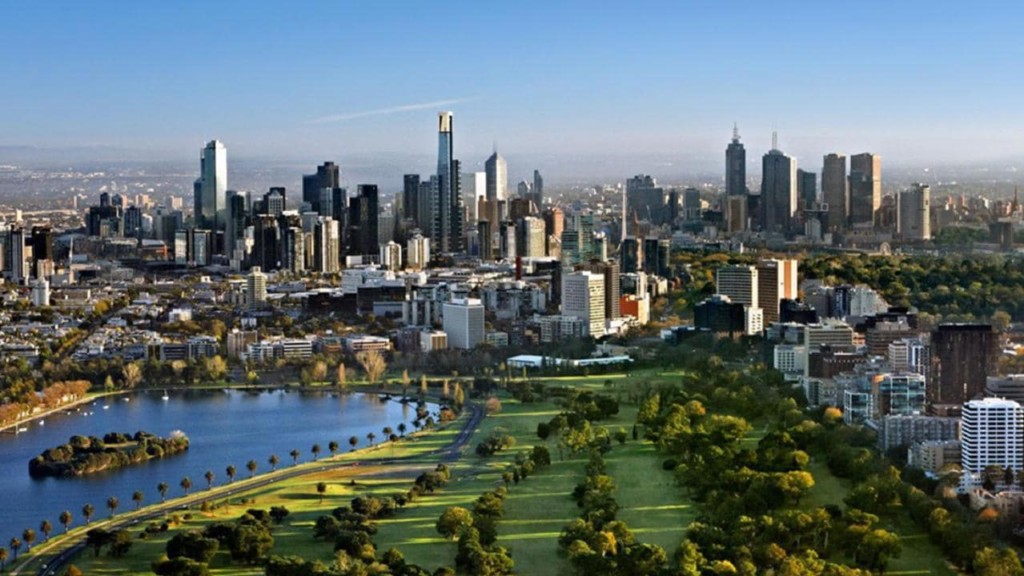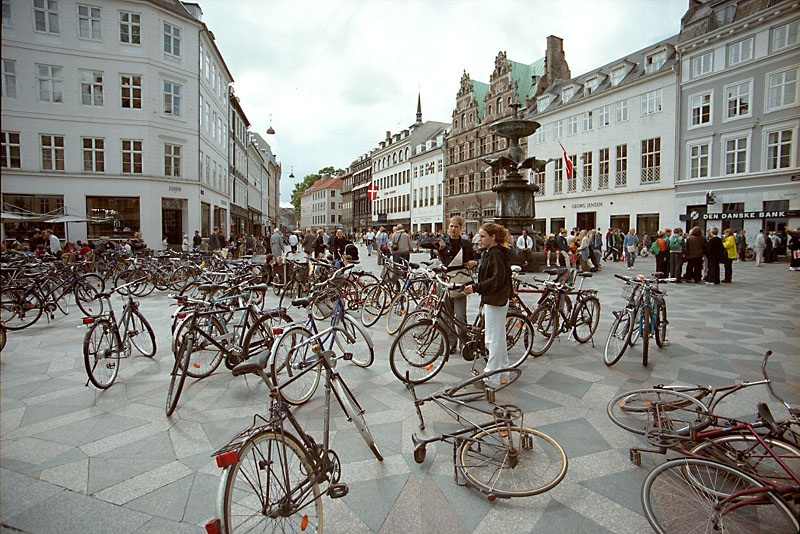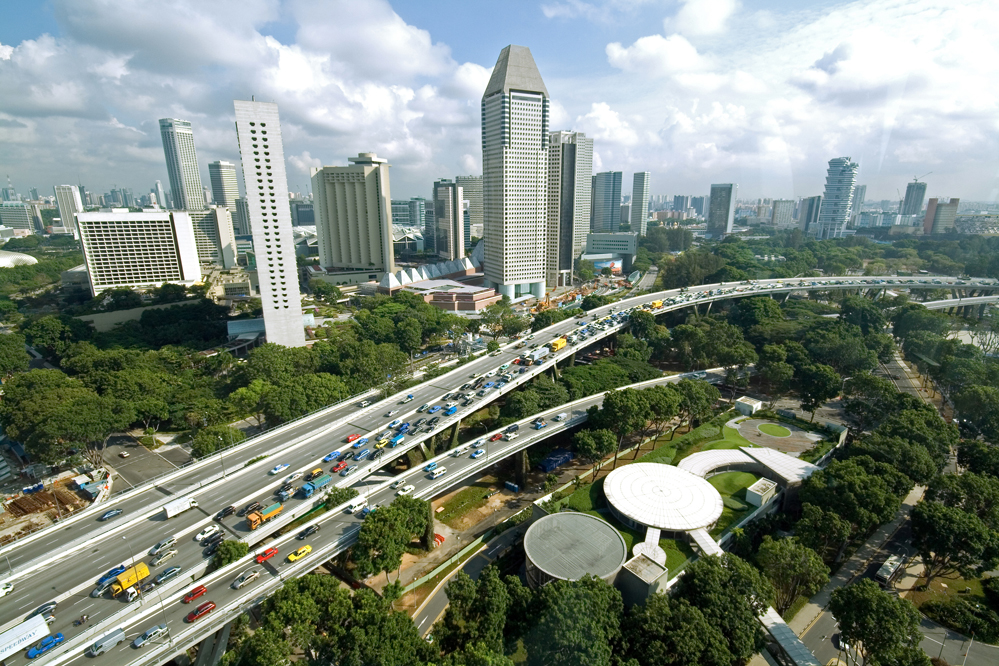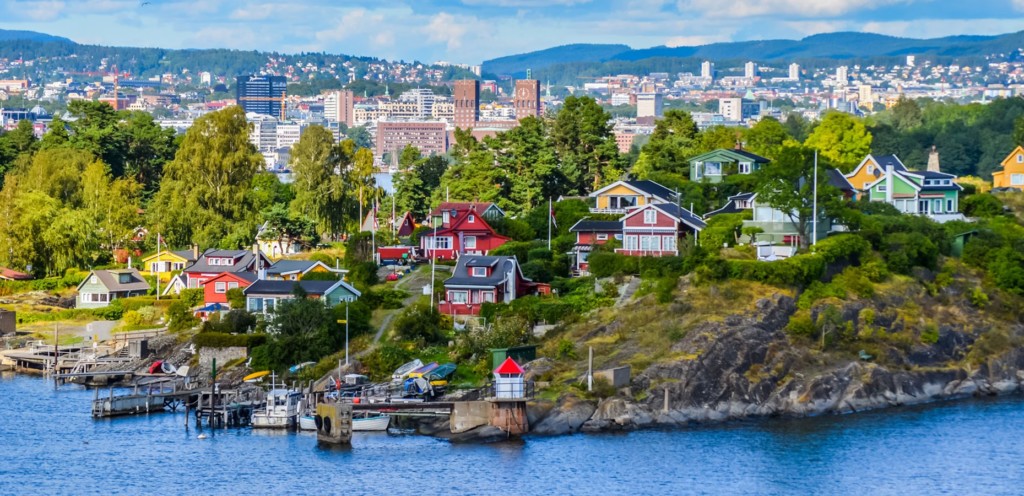Climate change, finite natural resources, growing populations – these are some of the very real challenges humanity needs to solve if it wants to avoid extinction. Although this pain is self-inflicted, the solution for such problems also lies within us humans.
Practising sustainability in the context of big cities with mechanisms that were designed to exploit resources as if tomorrow would never come is not such an easy task, but can be done.
What’s urban intelligence?
Urban intelligence is the combination of urban living, sustainability and innovation. Smart cities are known for being a good home to their locals, a great stopping spot for tourists and a fair place to nature. With these combined elements, the economy also benefits.
The Intelligent Cities
Melbourne, Australia
Melbourne’s 1200 Buildings program started in 2011 challenges retrofit projects to improve the environmental performance, health and value of its buildings.
In recent years, the national program Smart Blocks program was launched as a partnership between City of Sydney, Strata Community Australia and City of Melbourne. The program helps apartment owners improve the efficiency of their apartment buildings.
“The vision to become a carbon-neutral city by 2020 saw City of Melbourne launch a rebate initiative to invigorate the Smart Blocks program, and so they commissioned Communications Collective to create a public relations campaign that would raise awareness and ultimately drive Smart Blocks sign-ups all over Melbourne.” (source: Communications Collective)
Copenhagen, Denmark
Copenhagen is a pioneer in urban intelligence, hence their Copenhagen 2025 Climate Plan, which has the audacious goal of becoming the first carbon-neutral city by the year 2025. Not to mention the fact that mobility in Copenhagen already is “green”.
“Copenhagen is one of the world’s most liveable cities. The city fuses quality of life at a local level with a global outlook. It is internationally renowned for its innovative approach to climate challenges and the environment and has a reputation as the world’s best city for cyclists.
(…)
The City of Copenhagen has embraced ITS and green mobility and is active in a number of innovation projects. This includes making public transport more attractive and less polluting as well as raising the average speed of cyclists by using ITS solutions to prolong green lights. It is about finding solutions that are smarter, greener and healthier. The green agenda goes hand in hand with citizens’ needs. A green city is a precondition for a liveable and healthy city. ITS can help improve traffic flow as well as road safety and promote cycling and public transport.”
(source: https://itsworldcongress.com/programme/copenhagen-green-agenda/)
Singapore
The city-state Singapore managed to solve their traffic jam problem by investing in public transport and other transportation alternatives, what they call MRT (Mass Rapid Transit). As they say in their official Visit Singapore website: “Transport in Singapore is a breeze”.
Oslo, Norway
Oslo is the top 5 most sustainable cities in the world. They have the goal os stopping carbon omission by the year 2030 and The Oslo Urban Ecology Program has the goal of creating a sustainable city, where everyone has access to clean air, clean water and access to attractive outdoor recreation areas by the year 2026.
“The total area of Oslo is 454 square kilometres, having 242 square kilometres being forest area and having 8 square kilometres being parks and sports arena. The population of Oslo is 2012 was 613,000. Oslo is located in the centre part of long Oslogjord (sic.), which has 40 islands. More than half of the city is forests and parks, which makes Oslo a green city.” (source: https://sustainablecity-oslo-samansayip.weebly.com/)
If you’re interested in learning more about innovation and designing futures, check out Echos’ Designing Desirable Futures course.
—
Follow us on social
Instagram – Facebook – LinkedIn – Youtube
How Can We Help?
- For training and Innovation Journeys in your company: check out our in-house course offering.
- For upcoming courses in your region: visit our website.
- For upcoming events in your region: look at our event calendar.
- If you have a special project and would like to use Echos’ consultancy services: send us an email.
- Want to speak to a real person? Call us on 1300 502 006






